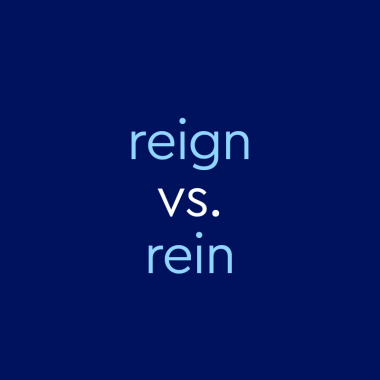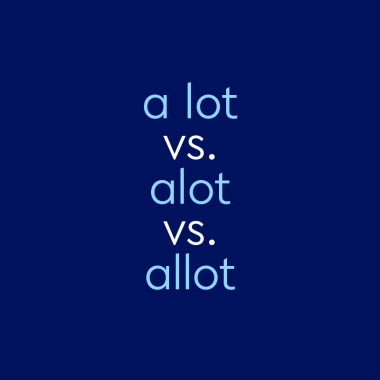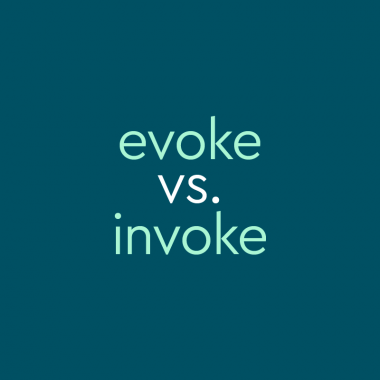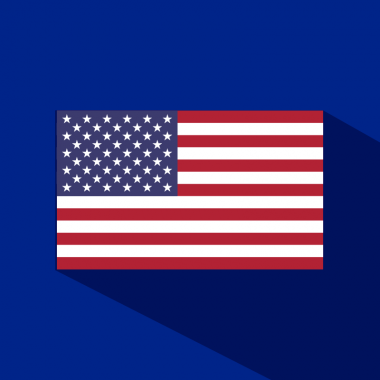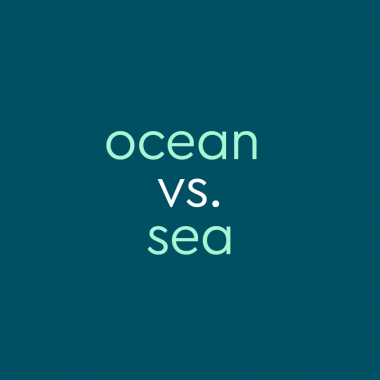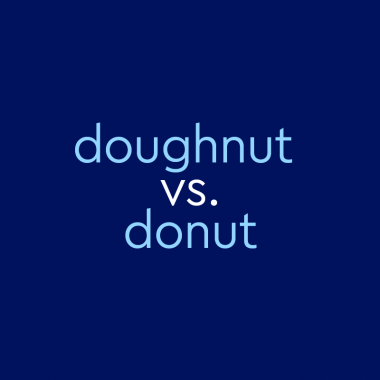Reign vs. Rein: What’s The Difference?
Are those reins on a horse or reigns? Is it rein in or reign in? Free rein or free reign? Confusion is understandable: reign and rein are pronounced exactly the same and are almost spelled the same—except for the silent G in reign (which is a big clue, actually). And both involve control. We’ll make it easy to tell apart rein and reign and remember …
